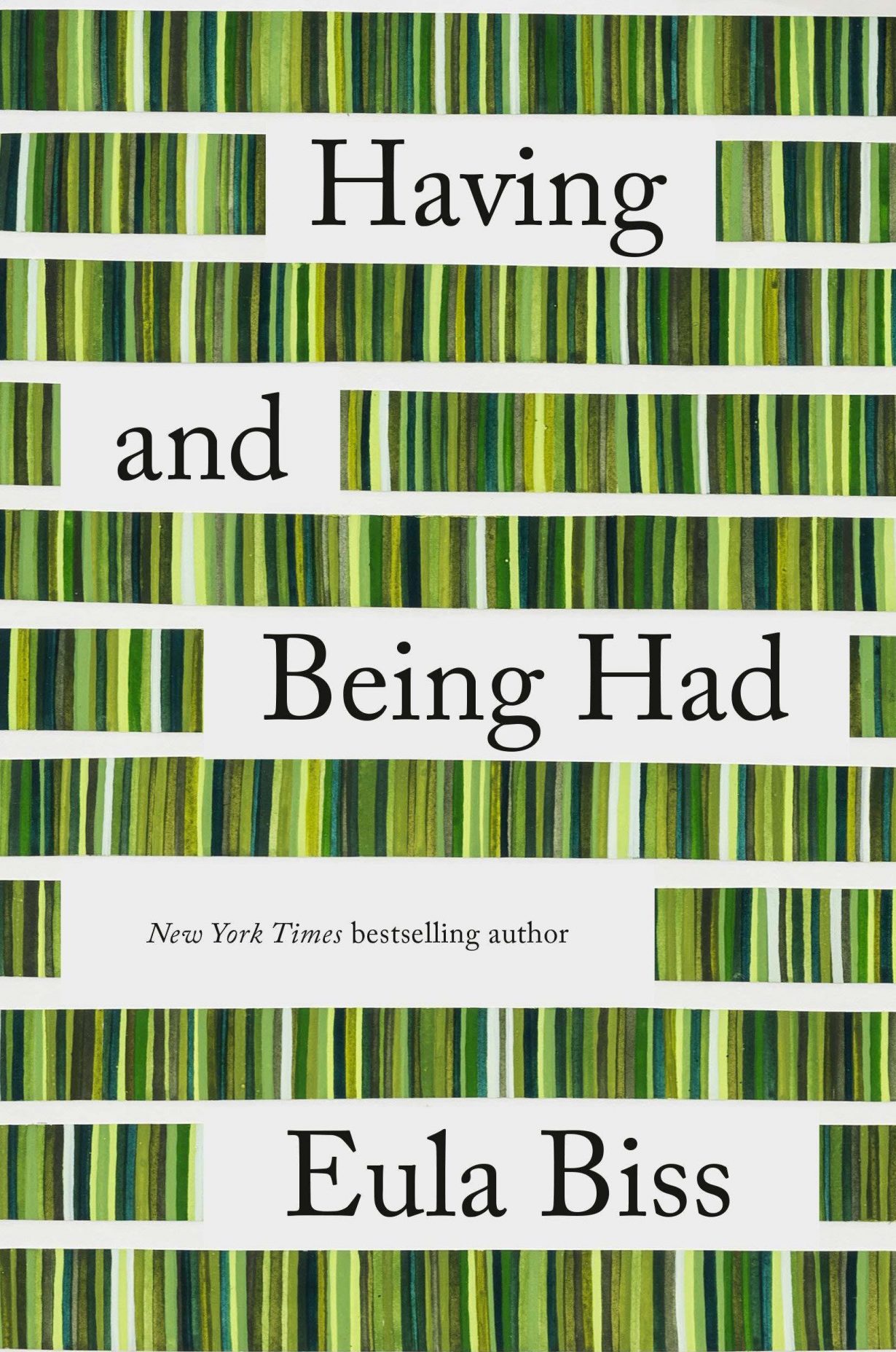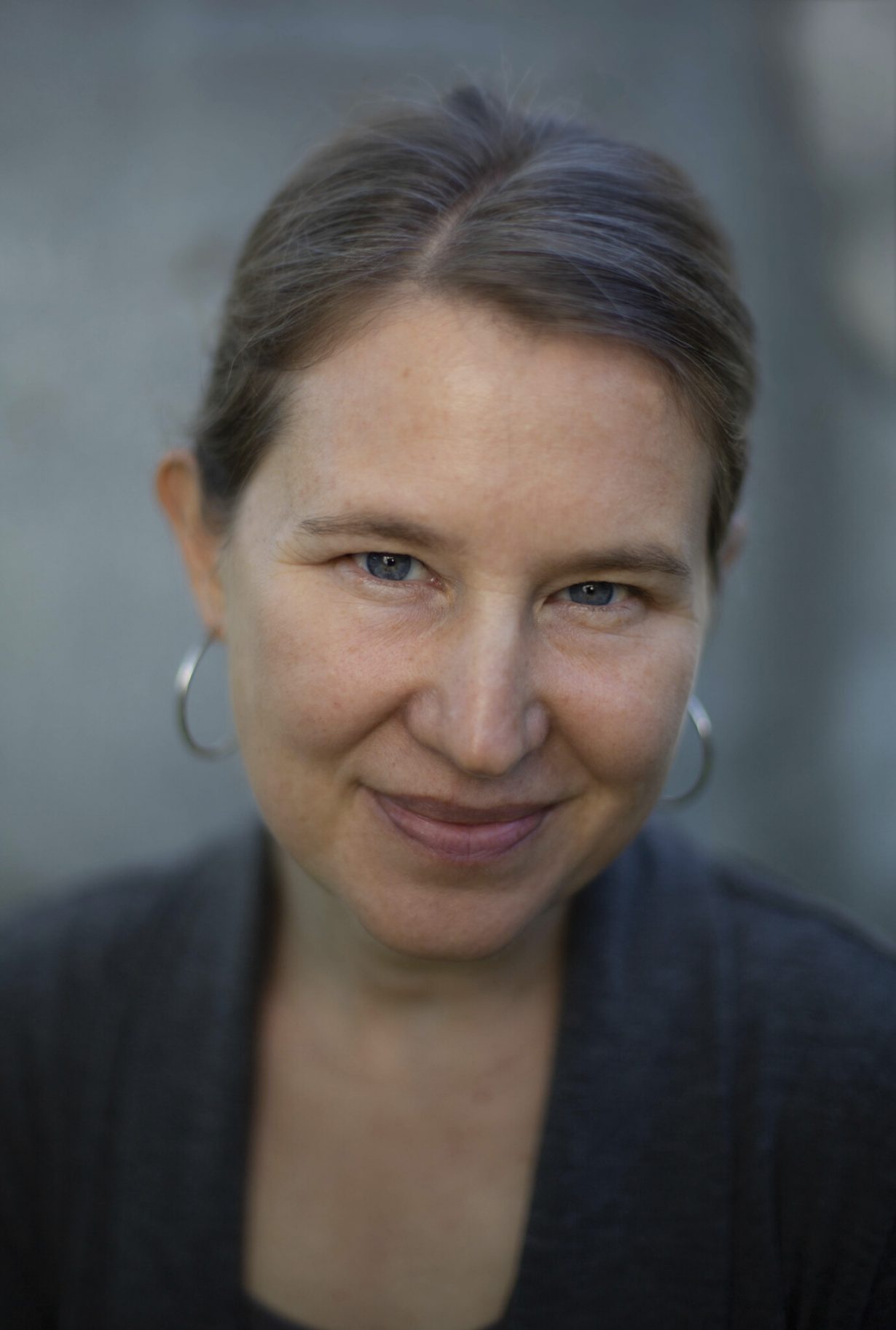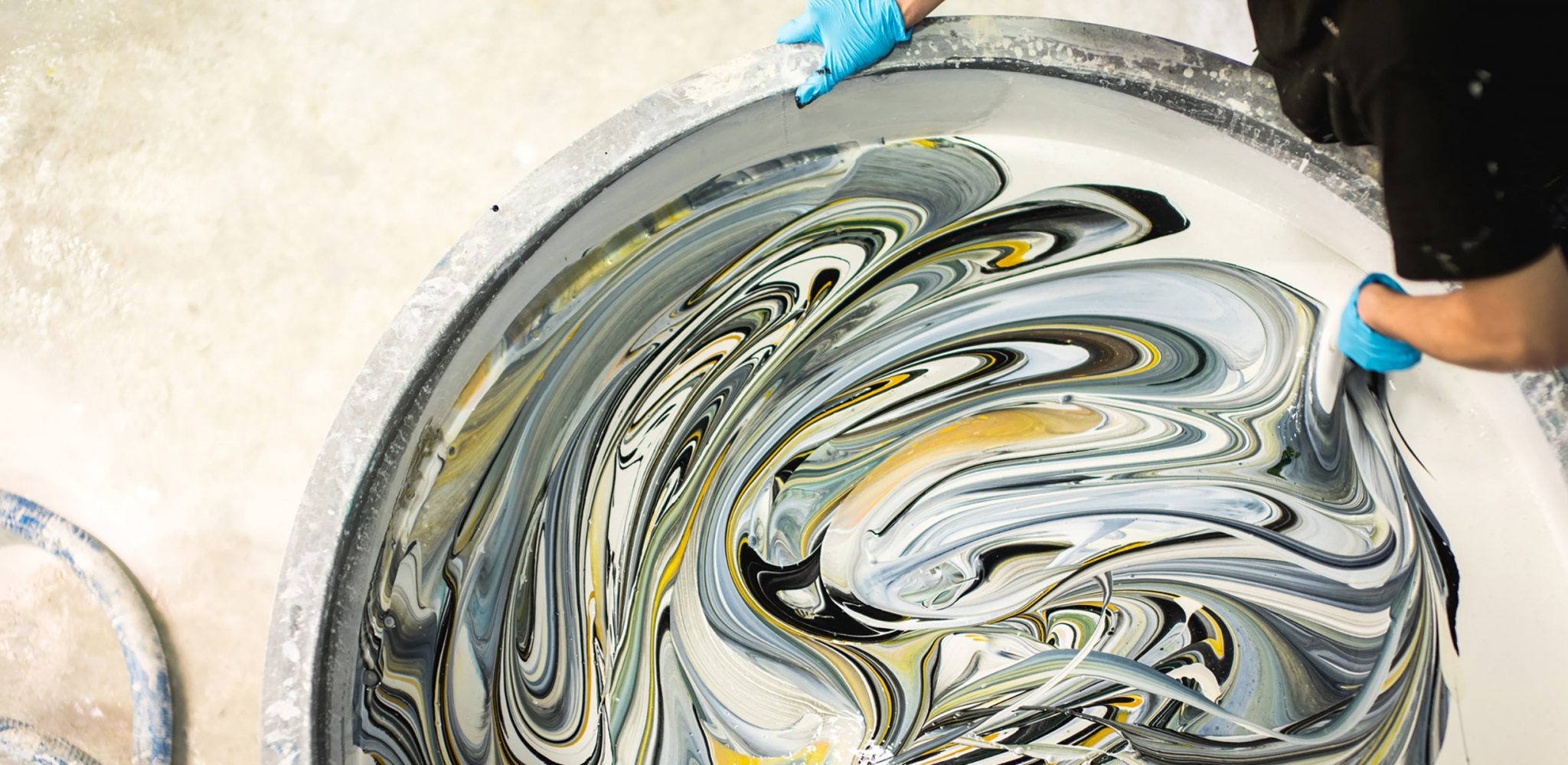The American writer’s collection of essays Having and Being Had explores how money shapes and winnows our trajectories
Eula Biss didn’t see the point of owning property until she bought a house herself. The American essayist, lauded for her genre-crossing nonfiction books Notes from No Man’s Land (2009) and On Immunity (2014), has long valued money in terms of the time it afforded her to write, she writes here. That is, until she secured a university job, along with a raise that brought her salary to $73,000.
It pushed Biss and her husband, John, also an artist, into a new pay bracket – one that could accommodate a mortgage on a brick bungalow with a view of the lake in Evanston, Chicago, a historically African- American neighbourhood. She describes the lure of becoming a landowner near the start of her searching, occasionally frustrating collection of short essays on how money shapes and winnows our trajectories.
‘I wanted to paint the kitchen Moir Gold and I wanted to plant a garden in the backyard,’ she writes. ‘I wanted to make something mine. What I wanted, more than anything was the illusion of permanence the house provided. The solid foundation, the bricks that wouldn’t blow away, the sense of security. That was a fantasy, I knew, but it felt real.’

This postpandemic moment has fast exposed permanence and security as late-capitalist delusions. Biss, who draws on the ideas of David Graeber, the late American anthropologist who famously proposed that most white-collar jobs were meaningless, concedes that owning a house also means being owned by it. John strips wallpaper off their living room. Biss prunes roses she doesn’t like. ‘The house is just passing through my hands,’ she writes. ‘It’s not a purchase, it’s husbandry.’
Yet the house is also an asset that grows in value. It accustoms the couple and their young son to a new world of middle-class comforts. Biss, paraphrasing Marx, points out that the middle class, comprising business owners and professionals with the means to make investments, is dangerous because their loyalty is divided between the workers they depend on and the capitalist dreams to which they aspire.
Having and Being Had is at its best when it reveals the anatomy of this split allegiance. In clear prose, free of rhetorical flourishes, she explores the thrall of middle-class desires. She’s drawn to a brand of white paint that costs $110 a gallon and magically appears more luminous than its cheaper counterparts. These desires become purchases, which become class signifiers that feel increasingly indispensable. Biss buys a piano, the domain of nineteenth-century housewives who were expected to model ‘genteel idleness’.

Biss also exposes the lie of middle-class morality, revealing its relationship to invisible labour and servitude. In Victorian England, she writes, landowning women liked to go ‘slumming’, visiting the poor and making them scrub their linens. In the essay One’s Own, she reveals that Virginia Woolf underpaid her chef, Nellie Boxall, and fired her several years after publishing A Room of One’s Own (1929).
Biss isn’t immune to this irony. After giving birth, she pays a young woman, who goes by the job title ‘mother’s helper’, only eight dollars an hour to do chores while she holds the baby.
Biss is fearless when it comes to excavating the terms of her own complicity, laying bare its ethical and moral dimensions. When Biss and John move into their bungalow, the American big-box chain Walmart pays them $8,000 to create an imaginary interior for a commercial aimed at the African-American demographic that can no longer afford their neighbourhood. ‘John tells all this to his friend Dan, who says, I think that’s the definition of white privilege,’ Biss writes.
Here, Biss’s stylish nonstyle works to obfuscate, not illuminate. To anyone who doesn’t share the writer’s class and race, this is a self-evident truth that borrows the force of a revelation. Having and Being Had thinks deeply about the systems we take for granted, but these teachable moments can dilute the strength of its project. After all, investigating our class delusions and renouncing them altogether are two different things.
Eula Biss, Having and Being Had, 2020, is published by Riverhead Books
